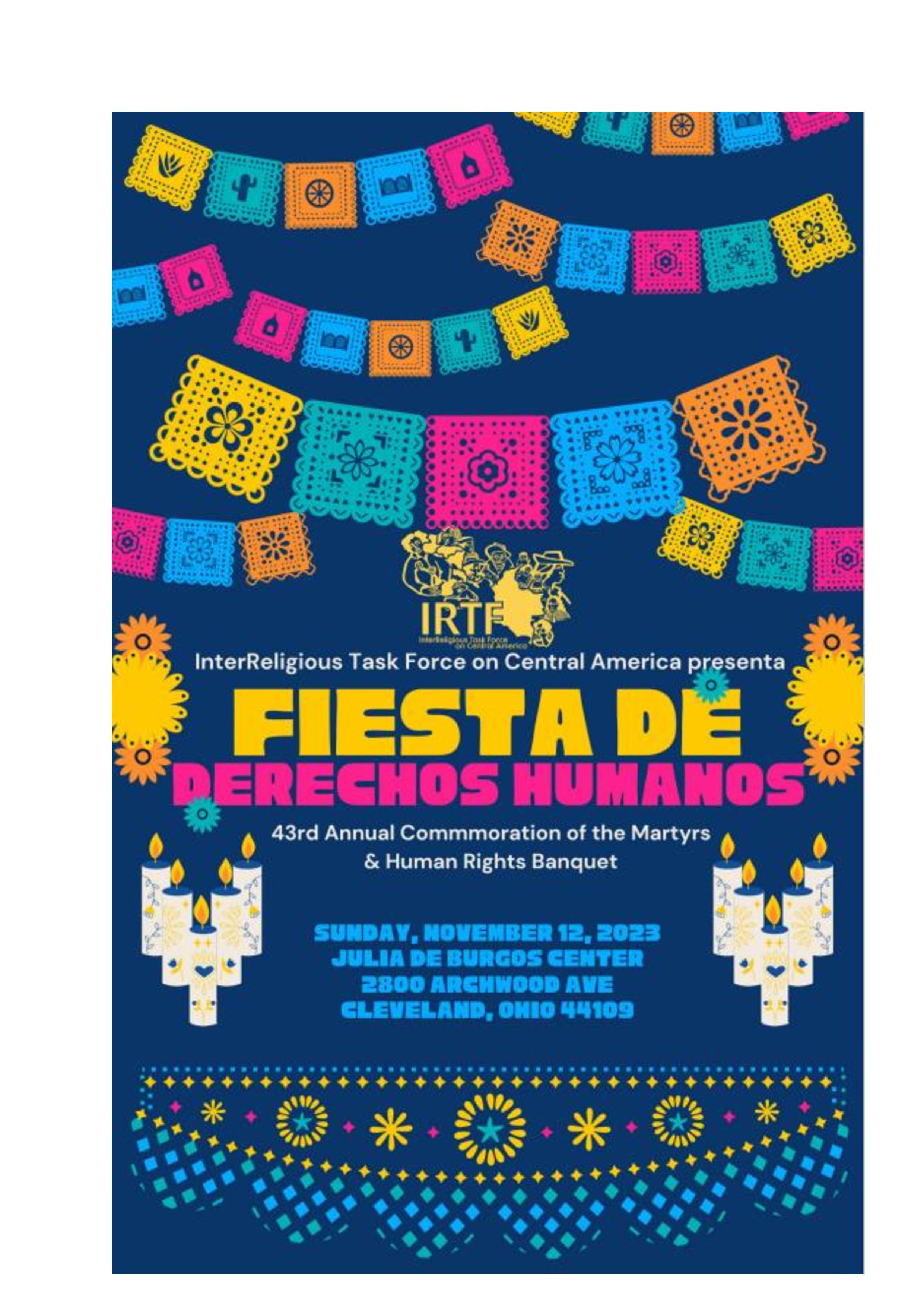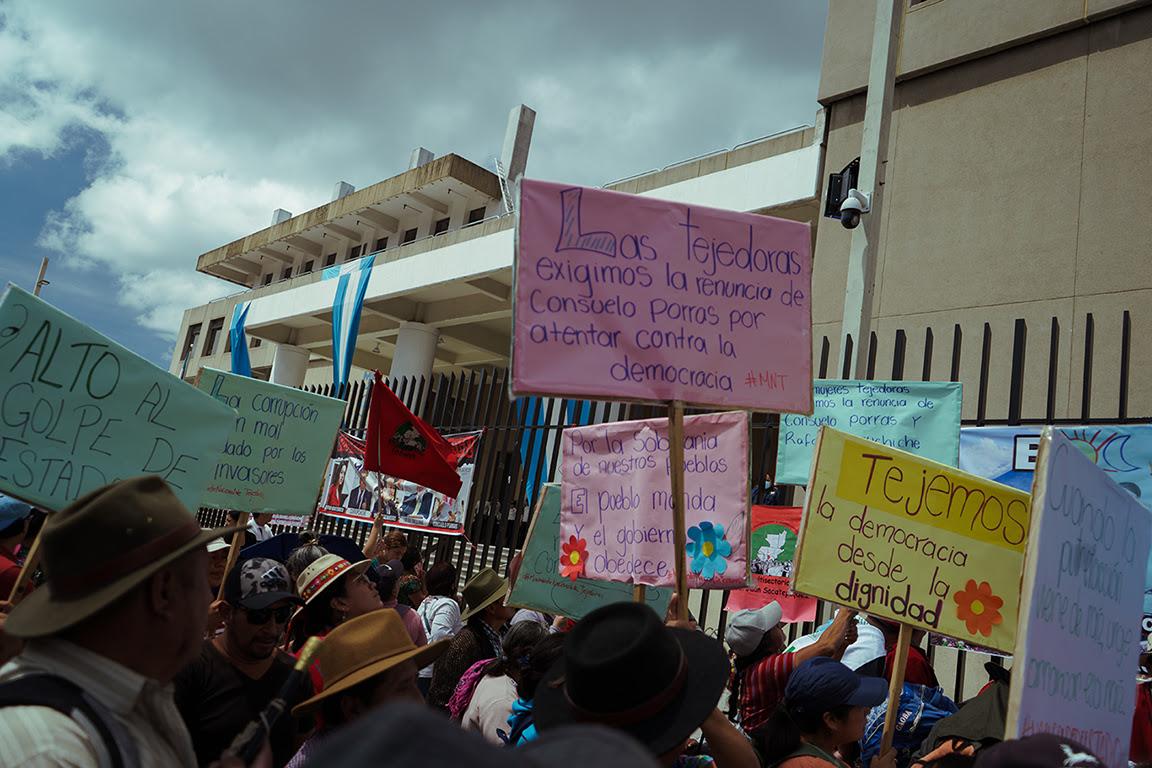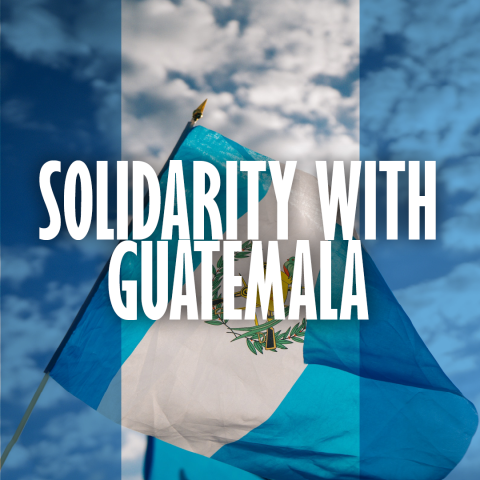Honduran authorities have issued an arrest warrant for Daniel Atala Midence, the alleged mastermind behind the murder of Indigenous environmental leader Berta Cáceres. Cáceres, known for opposing the construction of an internationally financed hydroelectric dam, was assassinated in her home in 2016. Atala Midence, the former financial manager of the dam company Desa, is part of a powerful political and economic family. Desa's president, David Castillo, previously sentenced to 22 years and six months for his role in the assassination, also ran the company. Atala Midence, implicated in running operations, was excused from testifying in Castillo's trial due to being under investigation. The majority shareholders of Desa, Atala Midence's father and uncles, were not implicated. Cáceres's children welcomed the charges, seeking justice. Cáceres, coordinator of the Civic Council of Popular and Indigenous Organizations of Honduras (Copinh), opposed the Agua Zarca dam project and was murdered by hired hitmen. The dam, sanctioned after a 2009 coup, lacked compliance with environmental and community requirements. The current president, Xiomara Castro, has not commented on the case.



